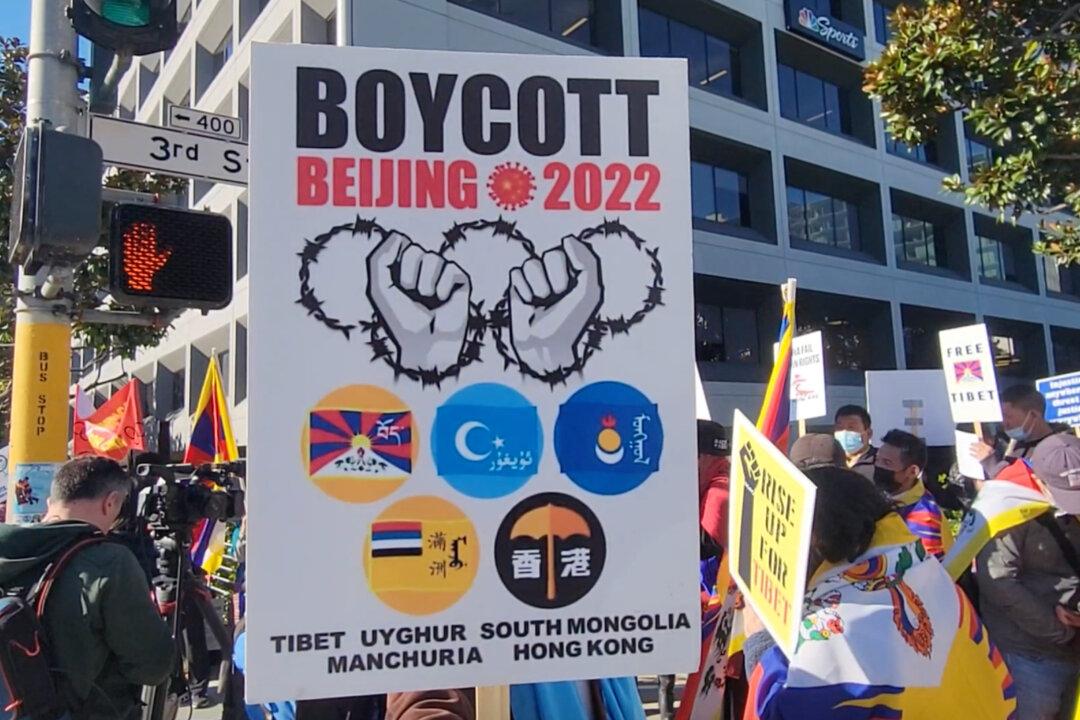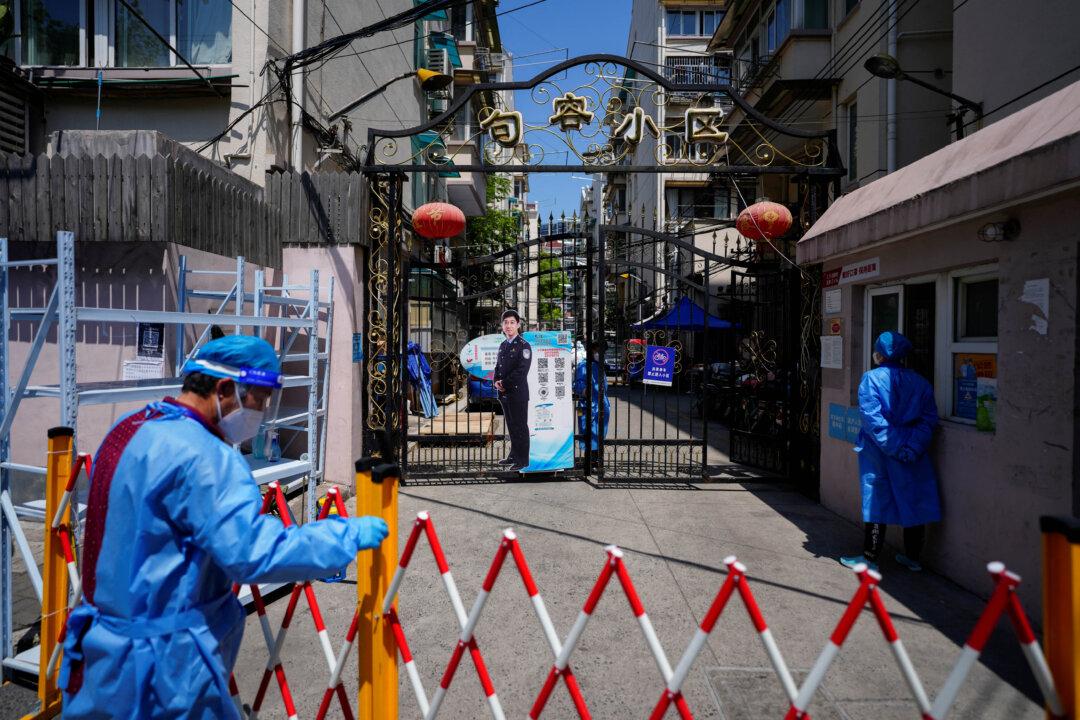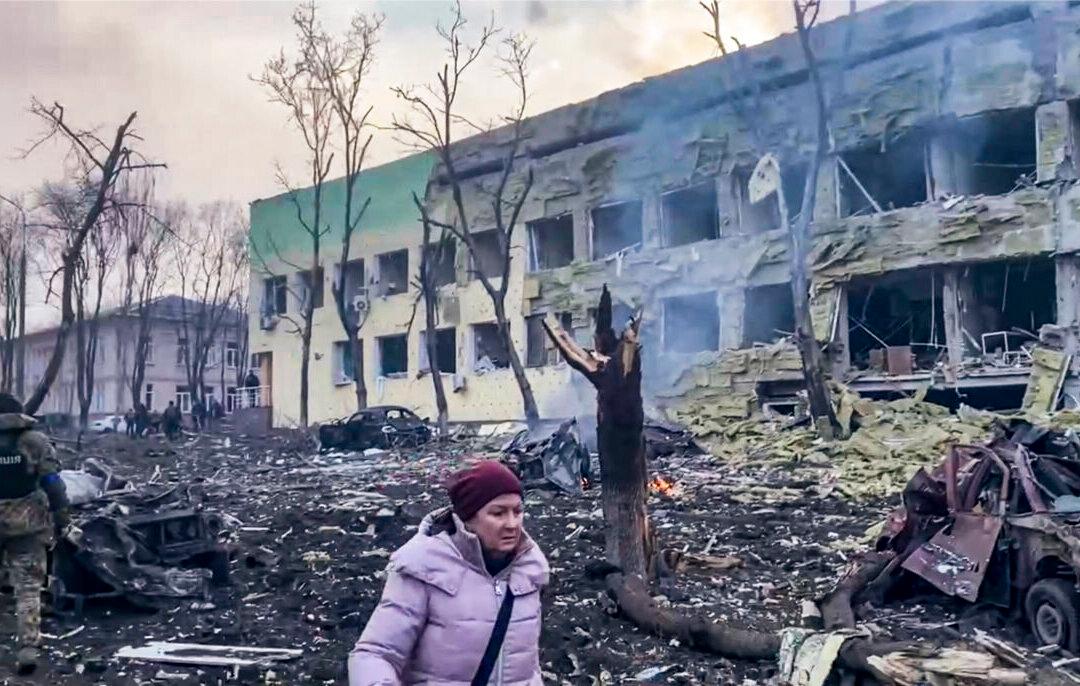Commentary
The Chinese regime has tried to undermine the U.S. diplomatic boycott of the Winter Olympics by invoking America’s treatment of Native Americans. Beijing’s statements and comparison fails on several levels, and Americans must remain morally confident in condemning the regime’s genocide against the Uyghurs.





